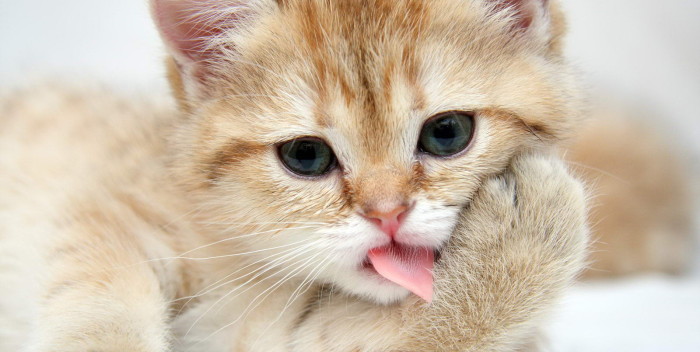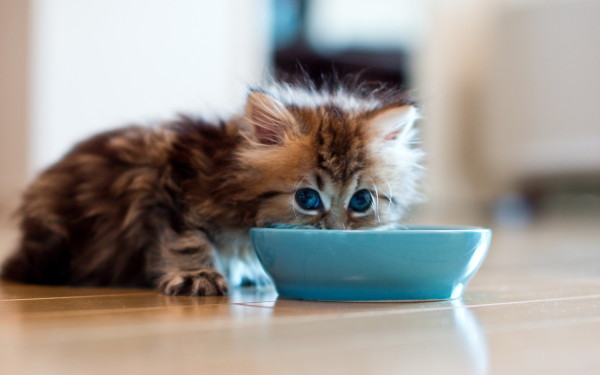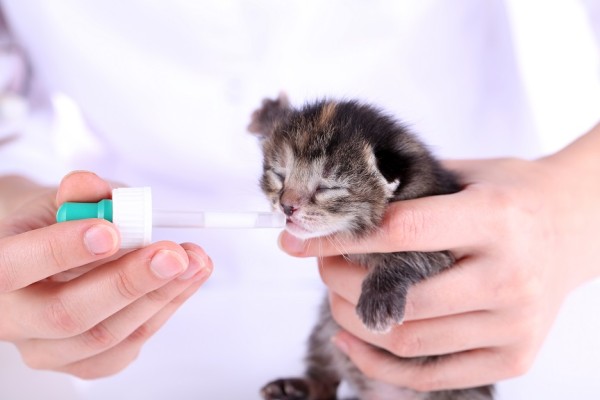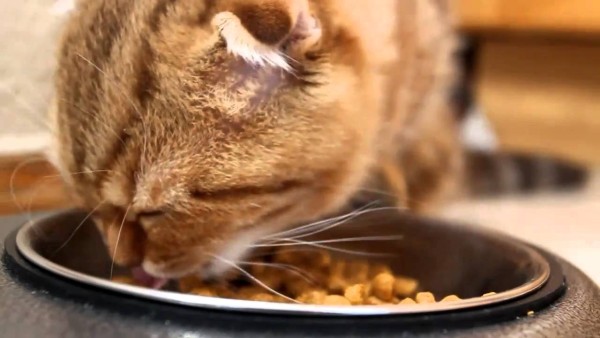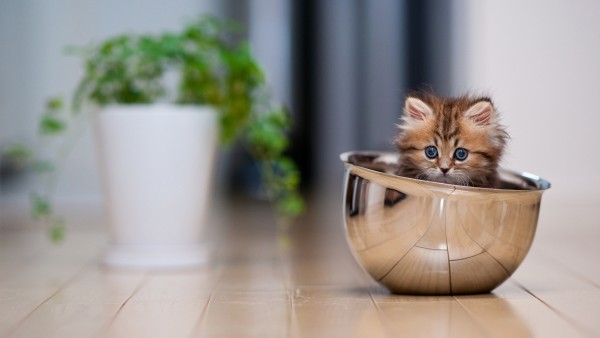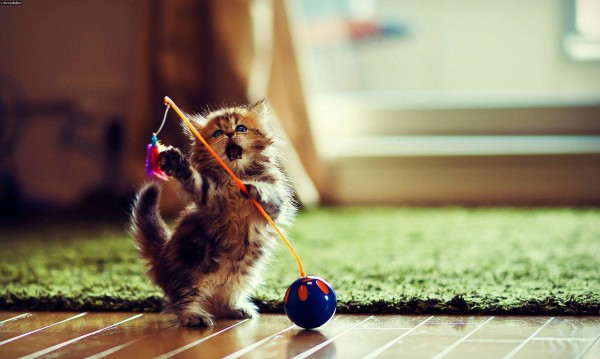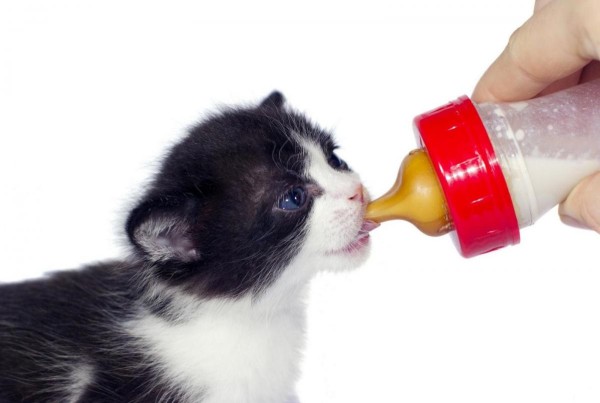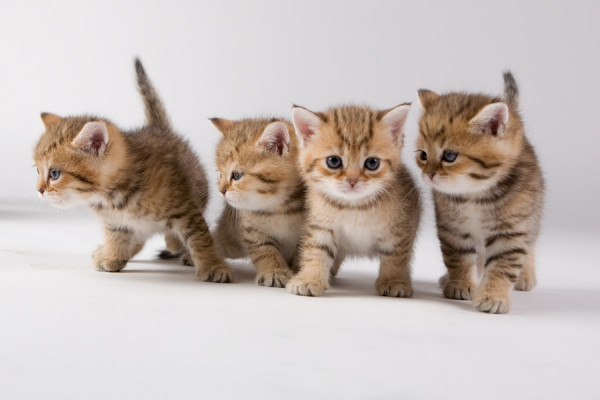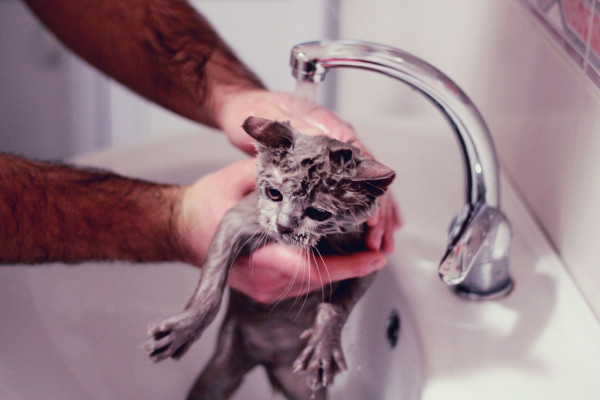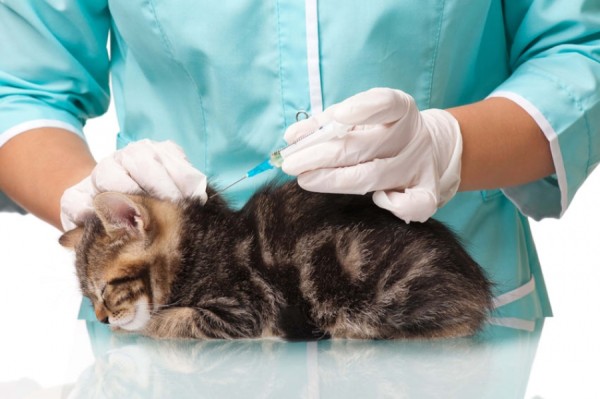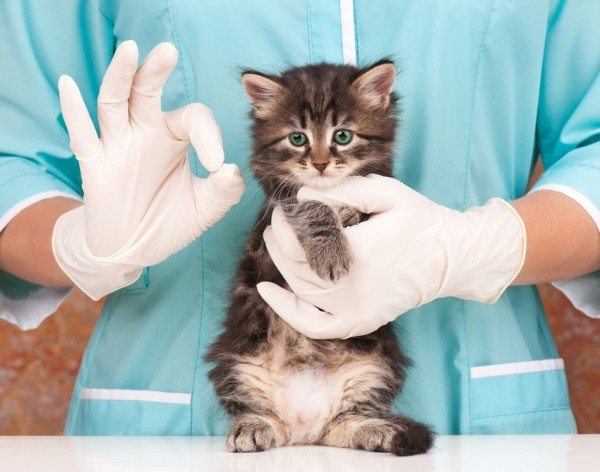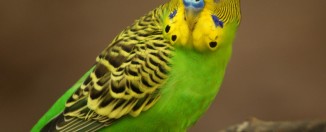How to care for kittens
A small, fluffy ball of love that has appeared in your home requires a lot of attention, care and attention. In order for the little darling to grow healthy and strong, it is important to have and apply basic knowledge of the process of caring for kittens. In this article, you will find answers to frequently asked questions of novice cat lovers.
Content
How to feed a kitten
It is best to consult with a specialist who can choose a "menu" in accordance with the breed of a kitten, it is also worthwhile to independently study the basic rules of feeding the crumbs in order to avoid problems with the nutrition and health of the pet.
It is customary to feed newborn kittens with the help of "mommy", but there are situations when the baby cannot be near the cat. Then it is worth trying to give the kitten mushy food or baby food. It will not be superfluous if you add low-fat kefir and pureed cottage cheese to your diet. You should not resort to cow's milk, as the kitten's small stomach is unable to cope with the digestion of "heavy" food.
When the kitten is two months old, you can pamper him with interesting and more solid food. For example, it can be finely chopped meat, vegetables or fish, which should not be riverine, since there are many small bones and there is a danger of infection with worms. It is also worth using special vitamins for kittens, which are sold in veterinary pharmacies or pet stores.
It is worth resorting to feeding with dry food in exceptional cases. Since they do not have the useful qualities that are mentioned in the advertisement. Remember: for one month old kittens, dry feed should be banned. And starting from three months, industrial feed can be given occasionally, having previously softened in water.
It is customary to feed a kitten five to four times a day, but do not forget about individual circumstances. The main rule of quality feeding is fresh water, which is always in an accessible place for the baby, and the food should be at room temperature.
After eating, the kitten needs a little rest. Therefore, do not rush to squeeze or play with a fluffy immediately after a meal, since his body is busy digesting what he has eaten, and this can harm the process.
How many times a day to feed a kitten
It was already mentioned above how many times a day you need to feed a kitten, but since this is a very important item in caring for a baby, it is worth considering the consumption time in more detail.
One-month-old kittens can already boast of their first teeth, therefore, as mentioned, they need to be fed with fermented milk products, with a low fat content. Eating should be regular, at intervals of six hours.
At two months, you can diversify your diet with boiled minced meat, but sour milk remains the main food. Consumption varies from 5 to 6 meals a day.
When the baby is three months old, his menu expands significantly to boiled or stewed vegetables, but if the kitten does not show interest in such food, you should not insist. Consumption can be reduced to 4 or 5 times a day.
From 4 to 6 months of age, the kitten's metabolism finally begins to develop, so give him time to rest after eating. Feed your kitten three or four times a day.
Don't forget to take vitamin supplements as you reduce your food intake. Starting from 5 months, the kitten can be fed two or three times a day, it depends on the size of the baby. If his breed belongs to the category of "giant", then feed him at least three times.
Starting from 7 months, the kitten can be considered "adult", although physiological development lasts up to 2 years
How often to bathe a kitten
First you need to determine at what age you can bathe a kitten. The opinions of experts on this issue were divided. Some say that the baby can take a bath from the first month, so he will get used to it faster. Others, on the contrary, believe that early bathing is a great stress for the baby, so it is better to carry out the procedure from three months.
For you, the first procedure will be as usual, but the kitten will remember it for a long time. Therefore, you should not often injure the psyche of the baby. It is enough to take a bath three times a month. More is possible, provided that the kitten really needs it.
How to bathe a kitten
Depending on how you will carry out the bathing procedure, the further relationship of the kitten to water depends. Before you carry your baby to the bathroom, prepare all the necessary "tools":
- small basin;
- a saucepan of warm water;
- ladle;
- brush;
- towel;
- hairdryer;
- cat treats;
- clipper.
You can learn more about how to properly bathe a kitten from the video:
What vaccinations are given to kittens
Unfortunately, inexperienced cat lovers believe that kittens do not need to be vaccinated, since their pet does not leave the walls of the house and does not come into contact with others. animals, and therefore cannot get sick. But they themselves do not know that a person can also be carriers of "harmful" bacteria for the baby, so you should not expose the kitten to great risk, and it is better to immediately secure his health.
Vaccination rules
Vaccinations are given only to healthy kittens. You should not make a diagnosis yourself, it is better to visit a specialist in a veterinary clinic. Ten days before the vaccination procedure, you need to run worms and fleas.
Do not rush to vaccinate your pet, this can disrupt his natural immunity, which is formed when drinking breast milk. Experts advise to wait until the kitten is three months old.
Choose a vaccine
The most common diseases from which you can protect your pet by vaccination:
- Panleukopenia, or, as is popularly accepted, "feline plague". This is a terrible disease that affects an animal of any age, and for a kitten, this disease is fatal. Signs of the disease are nausea, vomiting, fever and intoxication.
- Caliciviros, the disease is difficult to treat, as the virus constantly mutates. Signs: cough, mouth and nose ulcers, nasal and eye discharge, diarrhea and vomiting.
- Respiratory tract damage, or viral rhinotracheitis. Signs: nasal discharge, cough. For a kitten with a weakened immune system, the outcome of the disease can be fatal.
For the prevention of the above diseases, domestic or foreign vaccines can be used. There are both monovaccines (for one disease) and polyvaccines.
